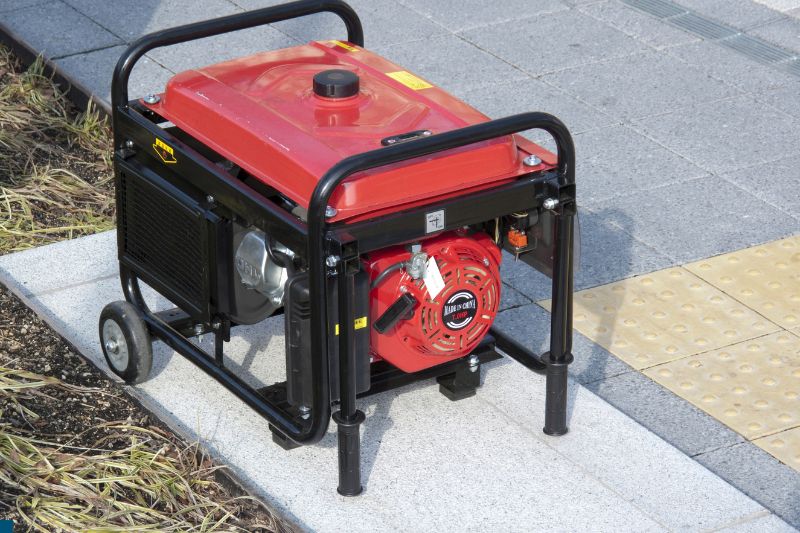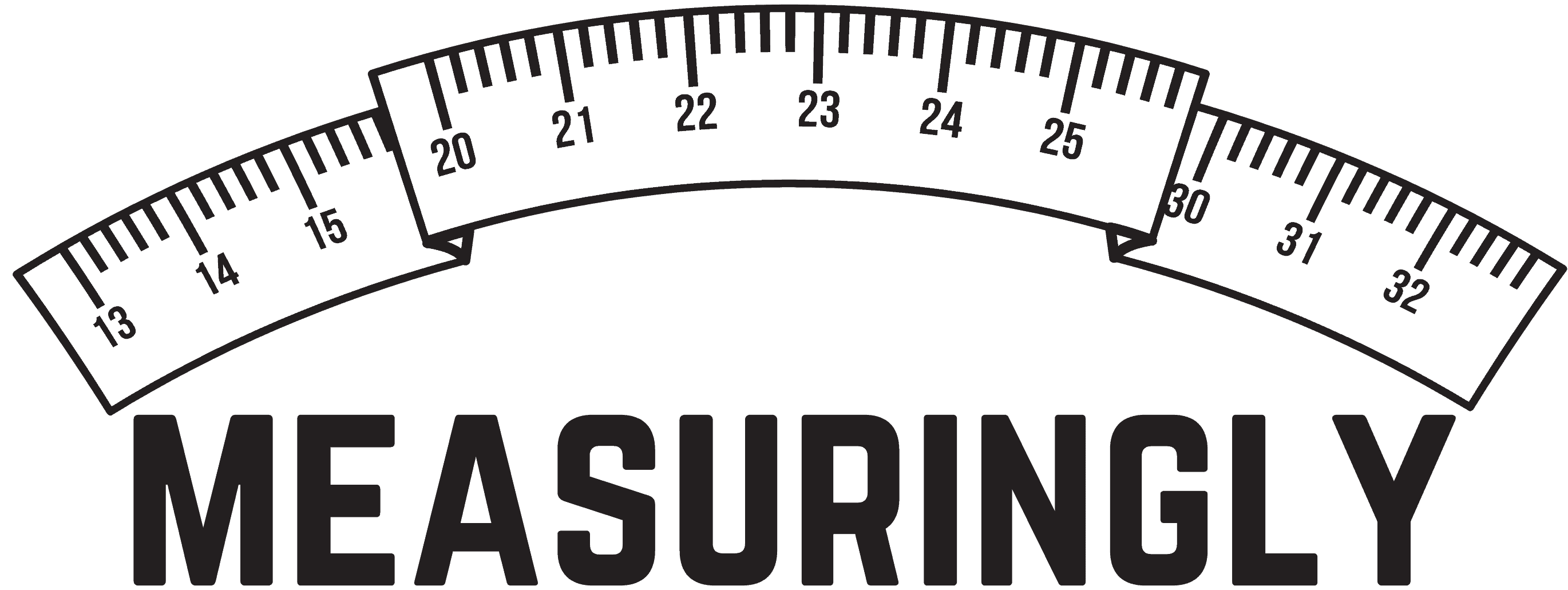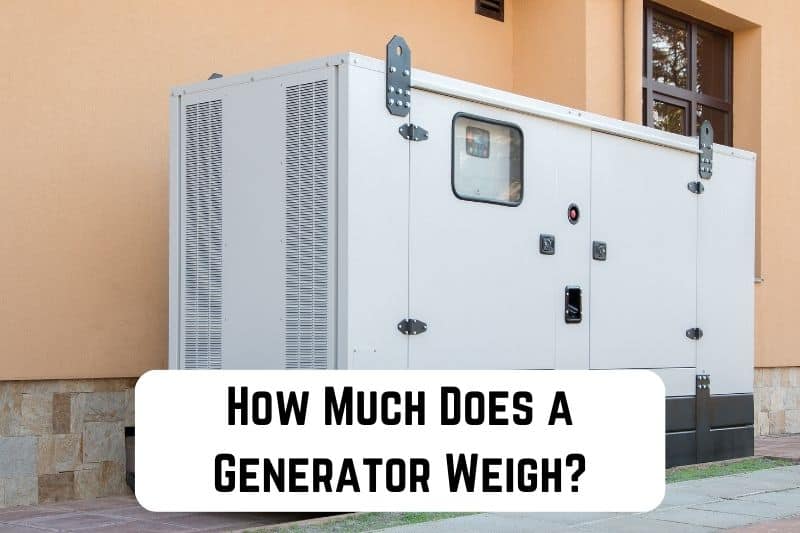When choosing a generator for your home or business, one of the critical factors you need to consider is the generator’s weight. Understanding the weight of a generator is essential for safe transport, installation, and maintenance. In this article, we will explore the different factors that influence the overall weight of generators and help you make an informed decision.
Generators come in various sizes, capacities, and fuel types, all contributing to their weight. The range of available options can be overwhelming from portable, lightweight models to heavy-duty industrial units. Your specific needs, such as required power output and intended use, will guide you in selecting the most suitable and manageable option.
As you continue reading, you’ll discover how factors like generator type, materials, engine size, and fuel capacity play a role in determining a generator’s overall weight. This insightful information will make it easier for you to select the perfect generator and handle it easily and confidently.
Read: How Big is a 62-Inch Suitcase?
A portable generator typically weighs between 50-200 pounds, depending on the size and power output whereas a standby generator generators weigh between 400-2,000 pounds.
Measuringly.com
Types of Generators
Portable Generators
When you need a generator that is easy to move and transport, portable generators are the perfect solution. They typically weigh between 50-200 pounds, depending on the size and power output.
Portable generators are perfect for tailgating, camping, or as a backup power source during an outage. You can usually power several appliances simultaneously, like your refrigerator, lighting, and some electronic devices.
Standby Generators
For automatic backup power, standby generators are popular for homeowners and businesses. These generators weigh between 400-2,000 pounds and have a higher power output than portable generators.
They are installed permanently, typically on a concrete pad, and connect directly to your electrical system. When you lose power, a transfer switch senses the outage and automatically starts the generator, restoring power in seconds.
Inverter Generators
Inverter generators provide clean and stable energy, making them perfect for powering sensitive electronics. They weigh approximately 40-100 pounds, making them lighter and more compact than traditional portable generators.
With a quieter operation, you’ll appreciate the noise reduction and fuel efficiency offered by inverter generators. They are fantastic options for campgrounds and RV adventures and for use in your backyard during a small gathering.
Industrial Generators
Industrial generators are your go-to choice if you require heavy-duty power for large commercial or industrial buildings. These generators are much larger and heavier than their counterparts, weighing anywhere from 2,000-30,000 pounds, depending on the power output.
Industrial generators can operate for extended periods and support high-energy loads from equipment and machinery. You’ll find them at work on construction sites, hospitals, and other large facilities where reliable and consistent power is essential.
Each generator type has its own unique benefits and weight range. Consider what you will use the generator for and how much mobility you require to help choose the best generator for your needs.

Factors Affecting Weight
When choosing a generator, it’s essential to consider its weight, as it plays a significant role in your generator’s portability and ease of use. Several factors affect a generator’s weight, including power output, fuel type, materials and components, and cooling systems. In this section, we’ll discuss each of these factors.
Power Output
Power output, measured in watts or kilowatts, directly impacts a generator’s weight. Generally, higher-output generators will be heavier due to their larger engines and components. For example:
- Small portable generators (1,000 – 3,000 watts): These lightweight generators usually weigh between 30 and 100 pounds.
- Mid-range portable generators (3,000 – 10,000 watts): These can weigh anywhere from 100 to 300 pounds.
- Large portable generators (10,000+ watts): As their power output increases, they can weigh 300 pounds or more.
Fuel Type
The fuel type used by a generator can also influence its weight:
- Gasoline generators: Tend to be the lightest, given that they often have smaller fuel tanks and engines.
- Diesel generators: Usually weigh more than their gasoline counterparts due to more massive engines and denser fuels.
- Propane generators: The weight can vary greatly, depending on the propane tank size. Smaller tanks will make these generators lighter, while larger ones will result in heavier units.
Materials and Components
The materials used in a generator’s construction can play a significant role in determining its weight:
- Aluminum: Lightweight and often used in portable generator frames, resulting in a lighter overall unit.
- Steel: Heavier than aluminum, steel contributes to a more substantial framework and component weights.
- Plastic: Sometimes used for casings or covers and can help reduce the total weight.
Cooling System
A generator’s cooling system also has an impact on its weight:
- Air-cooled engines: These tend to be lighter, as they don’t require the additional weight of a coolant, water pump, or radiator.
- Liquid-cooled engines: Typically found in larger, higher-output generators, these systems add extra weight due to the need for a coolant, water pump, and radiator.
By understanding how these factors affect a generator’s weight, you can make an informed decision when purchasing the best generator for your needs.
How to Choose the Right Generator?
Determine Power Needs
Before you choose a generator, first determine your power needs. List all the essential appliances and devices you want to power with the generator. Don’t forget to consider items like:
- Refrigerator
- Air conditioner
- Lights
- Medical equipment
- Electronic devices
Calculate the total wattage required by adding up the wattage of each item. This will help you choose a generator with the right power output to meet your needs.
Consider Mobility Needs
Think about whether you need a portable or stationary generator. A portable generator is easy to move around, making it suitable for outdoor activities like camping or tailgating. They typically weigh between 50 and 250 pounds.
A stationary generator is designed for permanent installation and often weighs between 500 and 5,000 pounds. They provide a higher power output and require professional installation. Consider your mobility needs when choosing the right generator.
Evaluate Fuel Efficiency
Fuel efficiency is crucial in reducing operating costs and the environmental impact of your generator. Compare different models based on their fuel consumption rate and runtime.
Here are some common types of generators and their fuel sources:
- Gasoline: Widely available but has a relatively short shelf life.
- Diesel: More fuel-efficient and longer shelf life than gasoline.
- Propane: Clean-burning and stores indefinitely but less energy per gallon.
- Natural gas: Produces fewer emissions but relies on a gas line.
Choose the most efficient generator for your needs, considering the availability and cost of the fuel source.
Read: How Much Does a Transmission Weigh
Conclusion
When it comes to purchasing a generator, you’ll likely want to know how much it will weigh. Generator weights can vary widely, but they generally fall between 50 to 250 pounds for portable models and may reach 1,200 pounds or more for large, stationary units.
Understanding the generator’s weight will help you determine if it’s the right option for your needs, considering portability, installation, and maintenance factors. It’s essential to keep in mind that lighter generators might be easier to move around but may not provide as much power as more substantial options.







